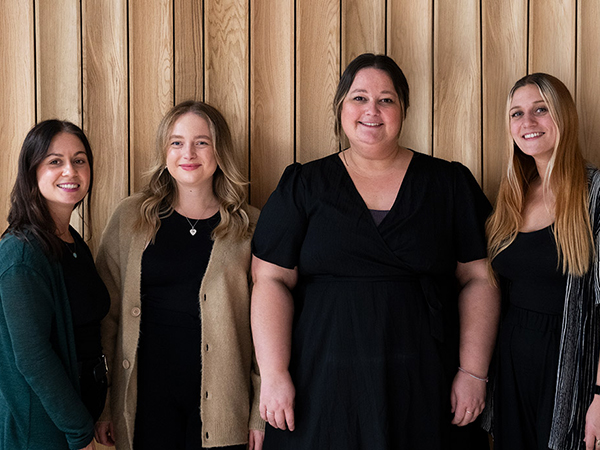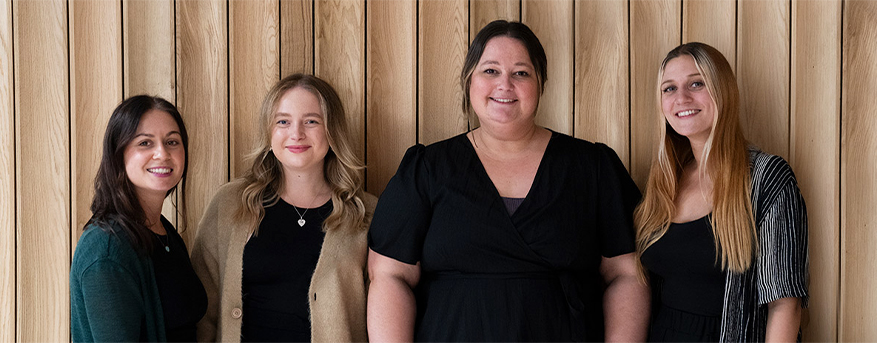Things to see & do in the Picos de Europa
Part of the Cantabrian Mountains in northern Spain, the Picos de Europa National Park is 671km² of wild limestone landscape rising up off the Atlantic coast. The area is striking in its beauty – rock-strewn meadows, plunging gorges and shimmering lakes are backed by a series of razor-sharp peaks, the tallest of which, Torre de Cerredo, stands at 2,650m. Alongside farmsteads and fields of sheep and cattle, you’ll find chamois goats, bearded vultures, Iberian wolves and even brown bears.
Life in the Picos de Europa is rustic. Farmers cling to long-held techniques and remote villages offer up hearty traditional fare – some of the finest in Spain. Walking holidays are the main pull for visitors, but a handful of trips allow travellers to learn the language as they walk, or practice yoga with an inspiring backdrop. And if you feel like some time on the sands, you’re just 10km from the craggy Costa Verde. Read on to find out more about holidays in the Picos de Europa.
Things to do in Picos de Europa
Hiking
The main reason why people come to these mountainous climes is to test their mettle on the trails, far away from the crowds of the touristy coastal resorts. There are dozens of routes in the Picos de Europa, passing along rugged hillsides and alongside deep gorges and mountain lakes, with stop-off points at medieval villages and isolated farmsteads. The most spectacular (and popular) are along the 12km Cares Gorge, and around the high peaks reached from the cable car at Fuente Dé and the subterranean funicular railway at Poncebos. The legendary pilgrimage route Camino de Santiago also passes through the Picos.You could either opt for a guided small group trip, where you’ll have around six to 10 other travellers for company as well as the services of an expert guide. Or you could go for a tailor made self guided trip, meaning that you’ll be given detailed maps, sightseeing tips and tailored routes, but you’ll be able to move at your own pace with the added assurance of 24/7 backup. You might be based in one spot, going out to explore a different area every day but returning to the same hotel at night. Or you’ll walk from village inn to village inn, with your luggage transported for you between each stop.
Activity holidays
Hiking isn’t the only way to work up a sweat in the Picos de Europa. You could opt for an activity holiday, where you can try out a different adventurous pursuit every day or so, such as biking, canoeing, canyoning or horse riding – though of course there’ll also be some hiking thrown in too. These holidays are suitable for families with older children. Tailor made trips are available for those above the age of eight and small group options are usually suitable for those aged 16-plus. For even more flexibility, you could consider a self drive holiday that takes on the spectacular mountain roads of northern Spain.Photography
The dramatic curves and peaks of the Picos de Europa combine with weather ranging from dry and crisp to dark and brooding, making it a perfect place to develop your photography skills. If you head for the park’s wilder areas you’ll come across few visitors, allowing you to unleash your lens on unspoiled scenic vistas in peace.
You’ll usually travel in a small group over nine days, staying in a selection of locally run hotels and guesthouses across the region. You’ll need to bring your own camera, but everything else – including expert guides and a photography tutor – will be on hand to help you get the most out of your time and equipment.
Language lessons on the go
Some holidays to Picos de Europa offer the chance to brush up on your Spanish as well as hitting the trails. You could combine language lessons with activities, hiking, or spending the morning in class and the afternoons in the great outdoors. Or go for a calmer approach with a week of intensive yoga and Spanish lessons in a peaceful small group environment. Language classes usually have a maximum of six people, so you’ll have plenty of personal attention.Spanish course & walking holiday, Picos de Europa, Spain
Walk and talk on this small group language holiday in Picos de Europa National Park
From
€1525 to €1630
7 days
ex flights
Trekking holiday in the Picos de Europa
A 7 day trekking adventure in beautiful high mountain scenery
From
£899 to £1219
8 days
ex flights
Picos mountains walking holiday in Spain
Spectacular range of limestone peaks, ridges and valleys
From
£1545 to £1995
8 days
inc UK flights
Learn Spanish and walk the Camino de Santiago, Spain
Spanish Course + walking in the Camino del Norte
From
€1525 to €1725
7 days
ex flights
Photography holiday in Picos de Europa, Spain
Photograph North Spain's stunning mountains & wild coastline
From
£2900
10 days
ex flights
Northern Spain self drive holiday
Northern Spain’s best places in a 8 days self-drive tour
From
€1150 to €1490
8 days
ex flights
Contact Us

Call us for a chat about our holidays. We are happy to discuss your holiday and help in any way we can. No bots, queues or awful hold music.
01273 823 700
Call us until 6pm
Calling from outside the UK

Practicalities
Although the rest of Spain swelters in summer, this is a great time to visit the Picos de Europa. It’s warm, not hot, and there’s less chance of rain (although packing waterproofs is always recommended). If you want fewer crowds, then opt for spring, when temperatures are mild and the mountain peaks are still dipped in white. Rains become more regular from September onwards, although the gold and rust foliage make woodland strolls a delight.
People of all levels of fitness can enjoy the Picos. However, steeper trails are not for the faint-hearted, so less experienced walkers should stick to the foothills and access the highest peaks via cable car or funicular. While you’re free to go it alone on the walking front, self guided trip notes and expert local guides are definitely recommended for making the most of the region in the safest way possible. The weather can change extremely quickly and the terrain can be dangerous in poor visibility.
People of all levels of fitness can enjoy the Picos. However, steeper trails are not for the faint-hearted, so less experienced walkers should stick to the foothills and access the highest peaks via cable car or funicular. While you’re free to go it alone on the walking front, self guided trip notes and expert local guides are definitely recommended for making the most of the region in the safest way possible. The weather can change extremely quickly and the terrain can be dangerous in poor visibility.














































